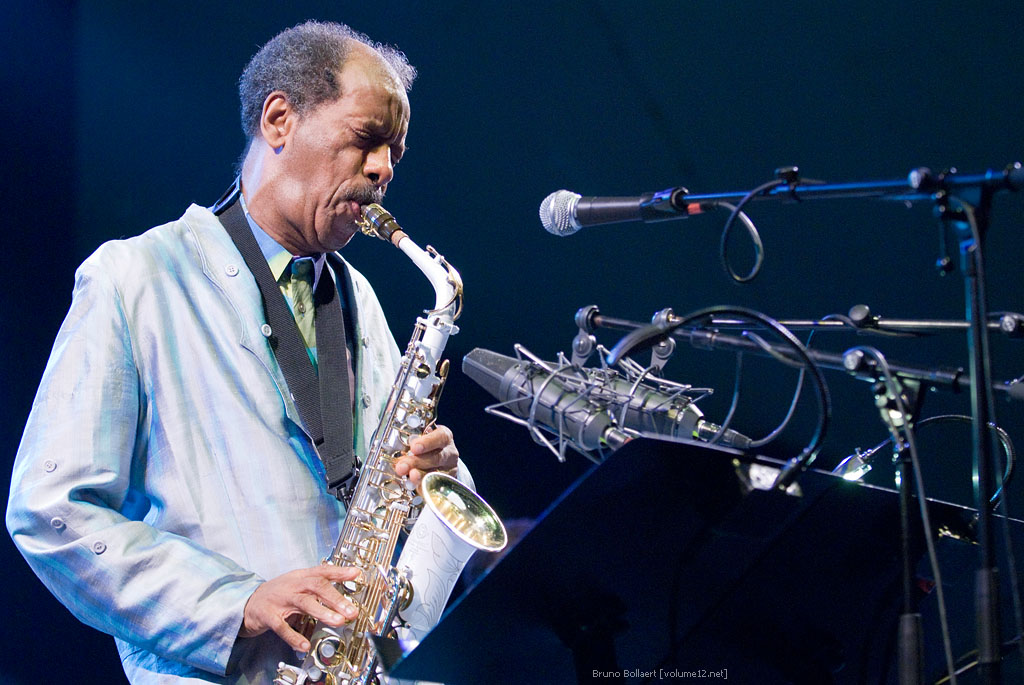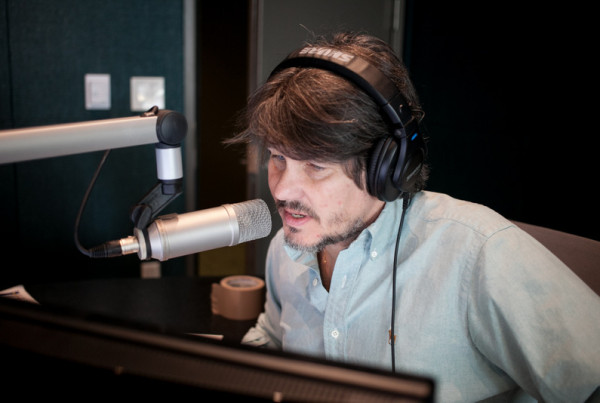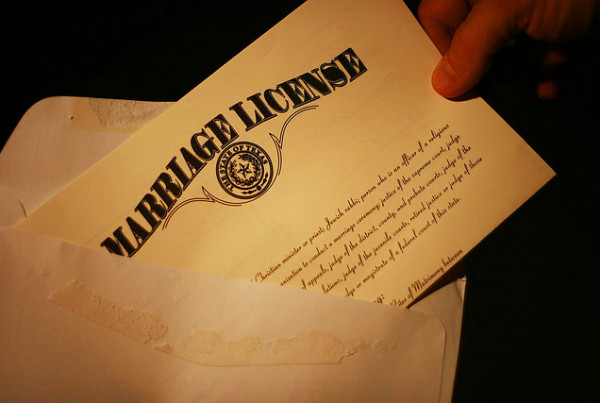Jazz innovator Ornette Coleman passed away Thursday at the age of 85. Coleman was an uncompromising composer and a Pulitzer Prize-winning saxophonist. He was seen as one of music’s great liberators, freeing it from its structural conventions, through his ever more experimental responses to the jazz greats of the day. If there’s any irony to his success, it’s that he would grow old celebrated by the intellectual establishment, which he couldn’t have been further from growing up in a poor part of Fort Worth back in the 1930s. Early on, he earned the approbation familiar to many a Texan: iconoclast. But he rarely mentioned his rocky childhood in a neighborhood he once described as “segregated before it was segregated.”
Casey Monahan, the long-time director of the Texas Music Office, spent some considerable time over the years with the late great Texas jazz legend. He tells the Texas Standard that Coleman was breaking musical rules and expanding the boundaries of musical audiences even as a Texas youngster.
“His tone was positively Texas his whole life. He was part of the great Texas sax tradition,” Monahan says. “He scared the hell out of them [the public]. He didn’t think like other people. And if you read John Litweiler’s biography of him, you’ll see that he didn’t really learn how to write music until he had already been into it for quite a while.”
Monahan says Coleman was mentored by BeBop saxophonist Red Conner, also famous for teaching saxophonist Dewey Redmen. Gunther Schuller, yet another composer, conductor and American jazz great, also had a hand in molding Coleman’s sound.
“That’s the one thing that all iconoclasts need to get started,” Monahan says, “Someone who tells them, ‘Yea, you can do that.’”
A lot of listeners might not have known what to make of Coleman’s sound, which moved on its own measure. As NPR’s Howard Mandel put it, “Coleman played his alto saxophone the way someone whistles to themselves walking down the street, unconcerned with rules about how a song is supposed to go.”
Monahan says as a younger man, Coleman’s touring didn’t always turn out for him so well.
“He bounced around a little bit. he was even in the last gasps of the Vaudeville shows in Louisiana – that’s where he got beat up for being weird, and they destroyed his horn – these thugs outside of the club he was playing,” Monahan says. “He started straining into Bebop, which you weren’t supposed to do on the R&B [and] Chitlin’ Circuit back then.”
But despite some of the musical intolerance for his ever boundary-pushing work, Coleman continued to press on with his own voice. That’s what made him Ornette.
“If you listen to his music, it will free you of so many problems, so many structures,” Monahan says. “He’s truly one of America’s greatest composers.”















